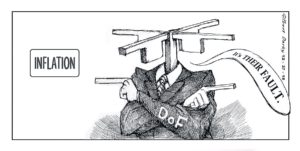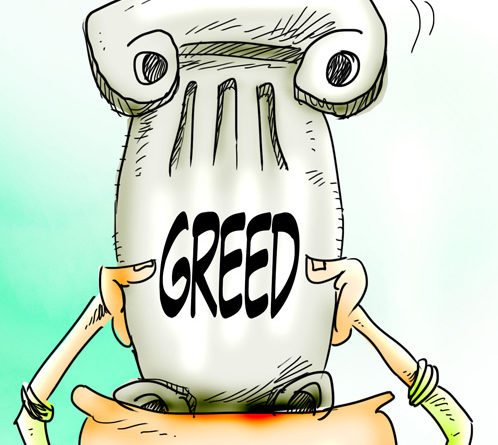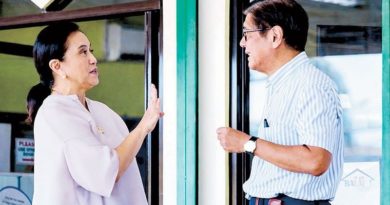OP ED EDITORIALS & CARTOONS: … Universal message
.
.
– SPACE RESERVE FOR YOUR ADVERTISEMENT –
.
.
ASEANEWS EDITORIAL & CARTOONS:
7.1.DAILY TRIBUNE- Hot potato- DAILY TRIBUNE / – CONCEPT
– Manila’s lost glory
7.2. Manila Bulletin – Japan needs foreign workers in many fields
.
– SPACE RESERVE FOR YOUR ADVERTISEMENT –
.
.

7.4 The Manila Times – ….THE THREE TELCOS


7.6 The Philippine Star –Deadly revelry

7.7. Pilipino STAR Ngayon – Bantayan ang mga bata sa piccolo


The Straits Times says:
Agrotech gives scope for food security
Demand for everyday necessities, not least eggs and fish, surges naturally during festive seasons. The season straddling the proximate occurrence of Christmas, New Year and Chinese New Year occupies a particularly important part of the festive calendar in Singapore. This also is a special culinary season for many in neighbouring countries. Hence, it is not unexpected when Malaysia announced that it was imposing temporary restrictions on the export of certain varieties of wild-caught fish and shrimps. The Malaysian government has said that it will prohibit the export of the seafood from Jan 1 to Feb 28 and May 1 to June 30 next year to meet supply shortages during the monsoon and festive seasons. Similar restrictions have been in place over the past six years. Also, Malaysia said that it is looking into limiting or stopping the export of eggs so as to ensure sufficient supply for its domestic market. This, too, is understandable since a country must meet domestic demand before it exports its produce.
As an importing country, Singapore has had to ensure that its population is not affected by the decisions of exporting countries, legitimate though they are. That is so particularly in the case of eggs. About 73 per cent of Singapore’s eggs come from Malaysia, with around a quarter produced here, and less than 1 per cent imported from accredited farms in Thailand, Japan, Australia and New Zealand. In keeping with Singapore’s food diversification strategy, it must increase its reach and access to alternative supplies. Cost is a factor, but customers must be prepared to pay a little more for what they really need if existing sources of supply dry up.
TO READ THE FULL ARTICLE:
https://www.straitstimes.com/opinion/agrotech-gives-scope-for-food-security

ADS by Cloud 9:
.
– SPACE RESERVE FOR YOUR ADVERTISEMENT –
.
.
 All photographs, news, editorials, opinions, information, data, others have been taken from the Internet ..aseanews.net | [email protected] |.For comments, Email to :D’Equalizer | [email protected] | Contributor
All photographs, news, editorials, opinions, information, data, others have been taken from the Internet ..aseanews.net | [email protected] |.For comments, Email to :D’Equalizer | [email protected] | Contributor












